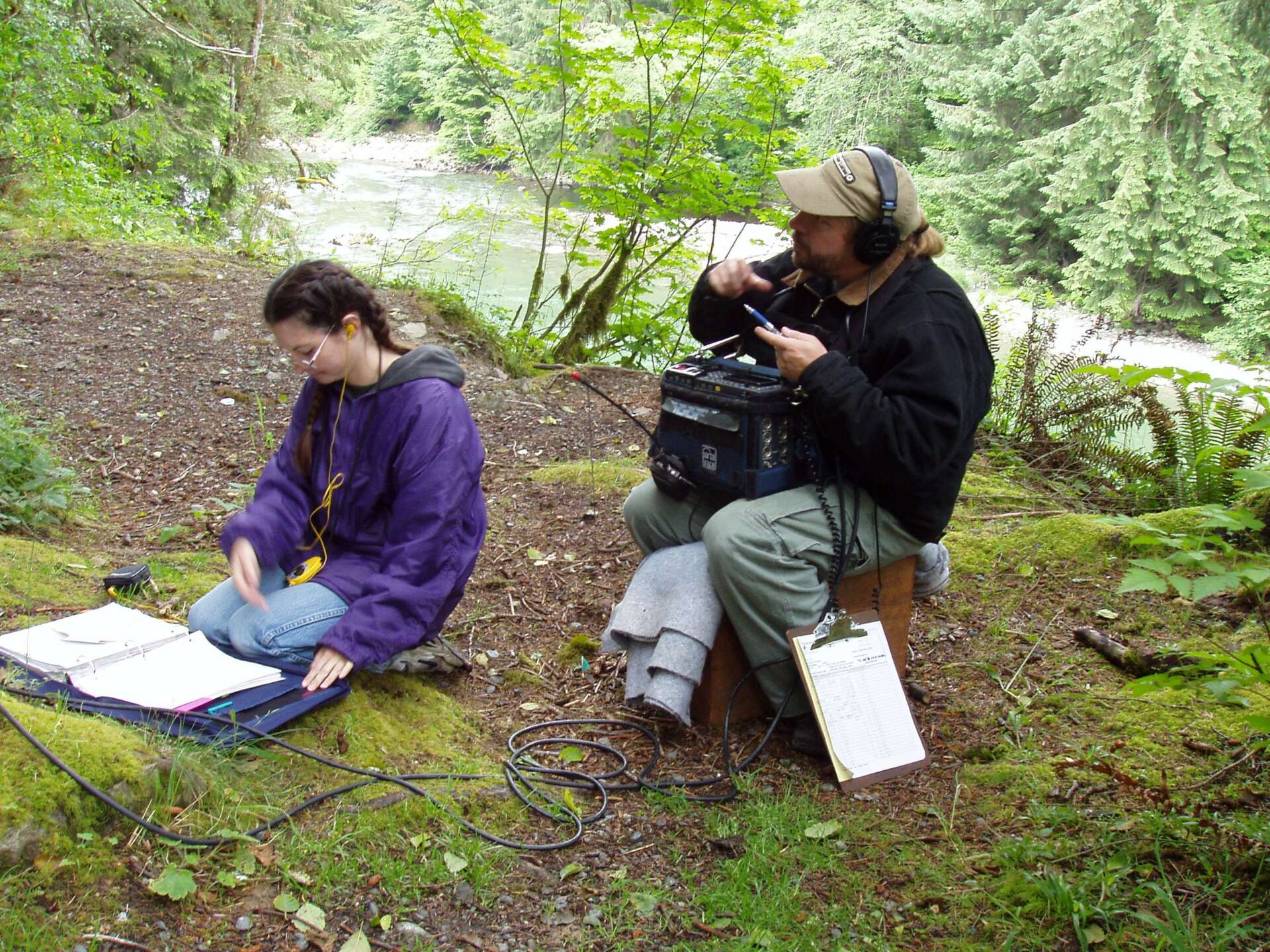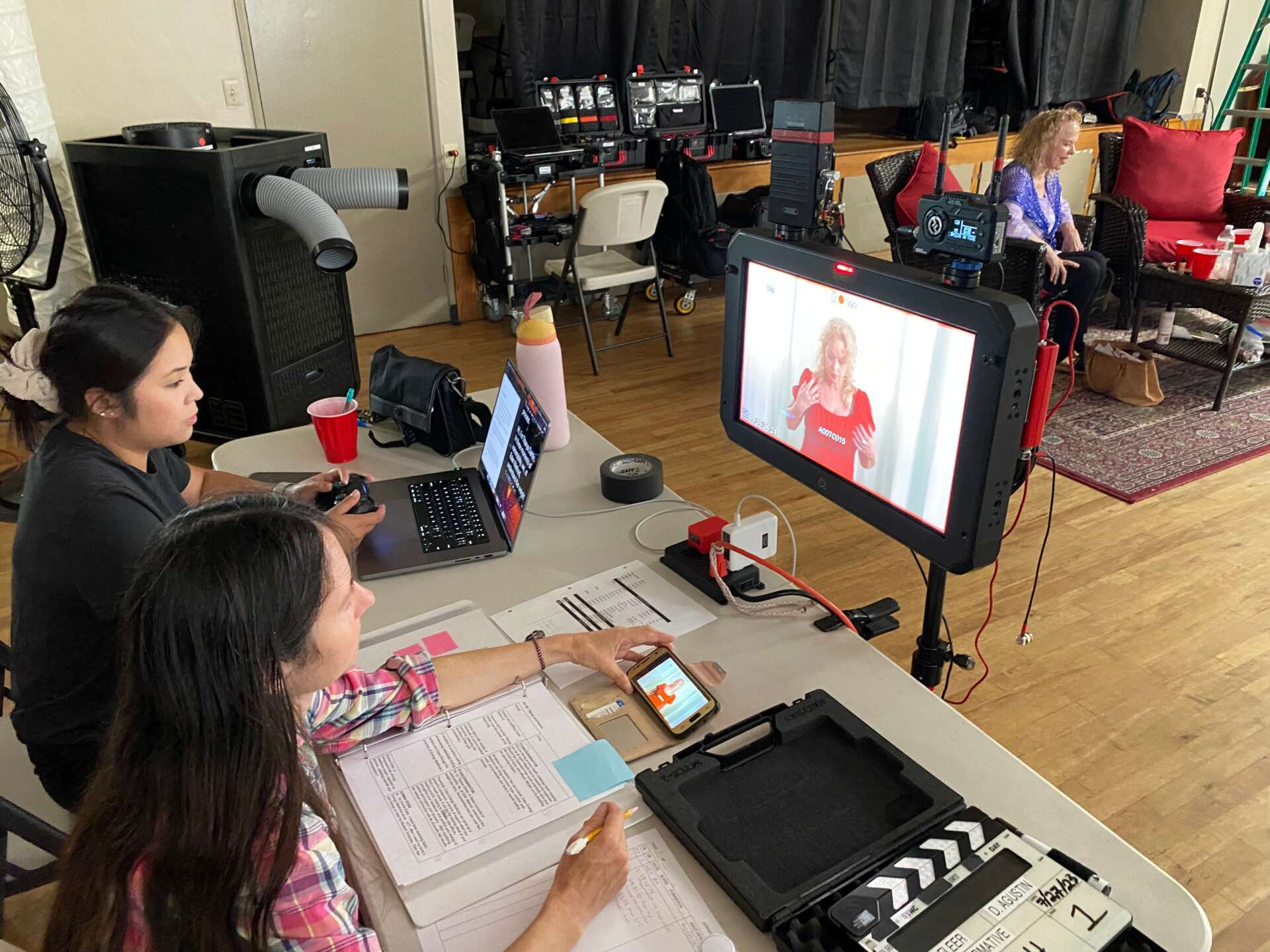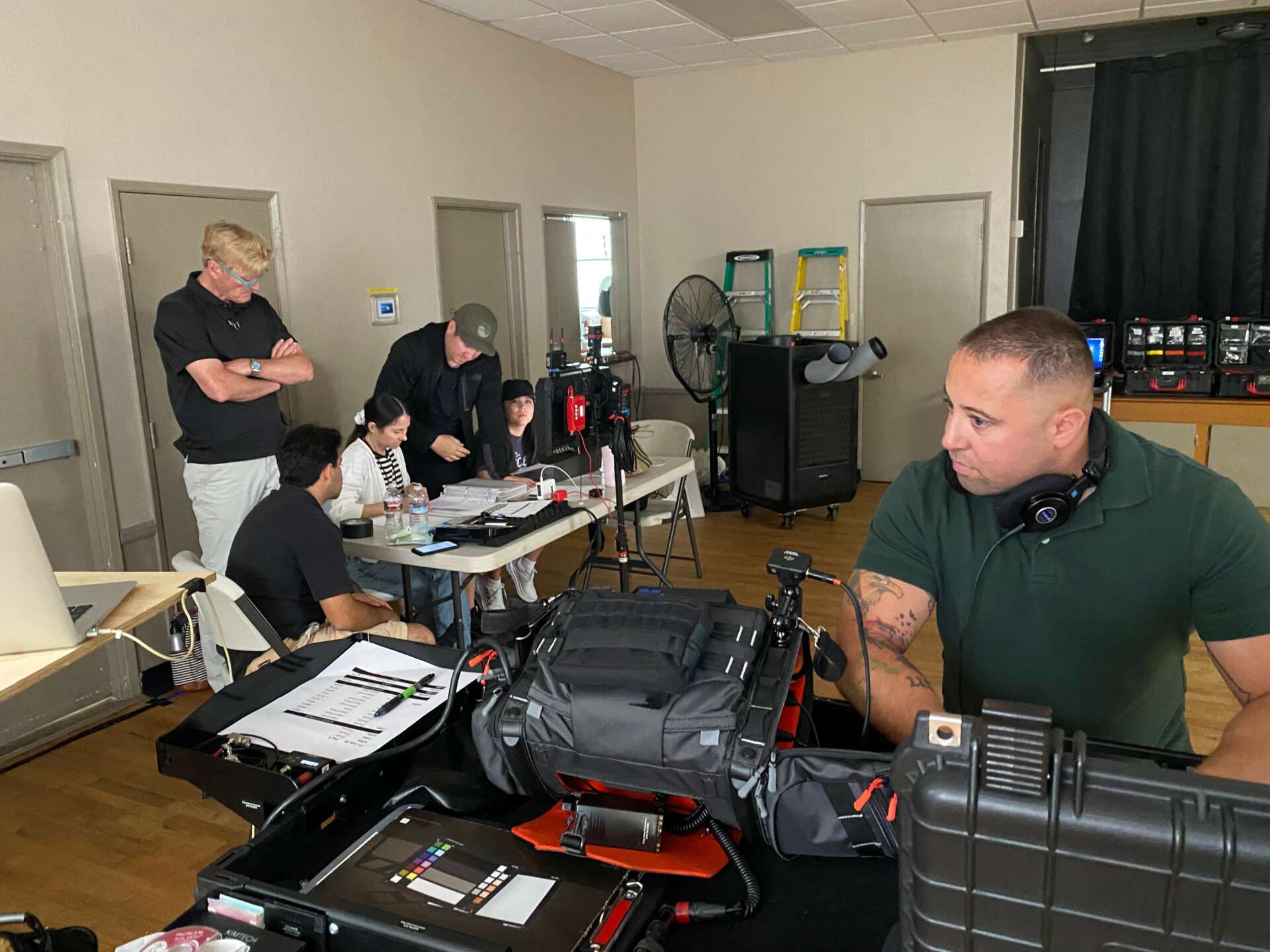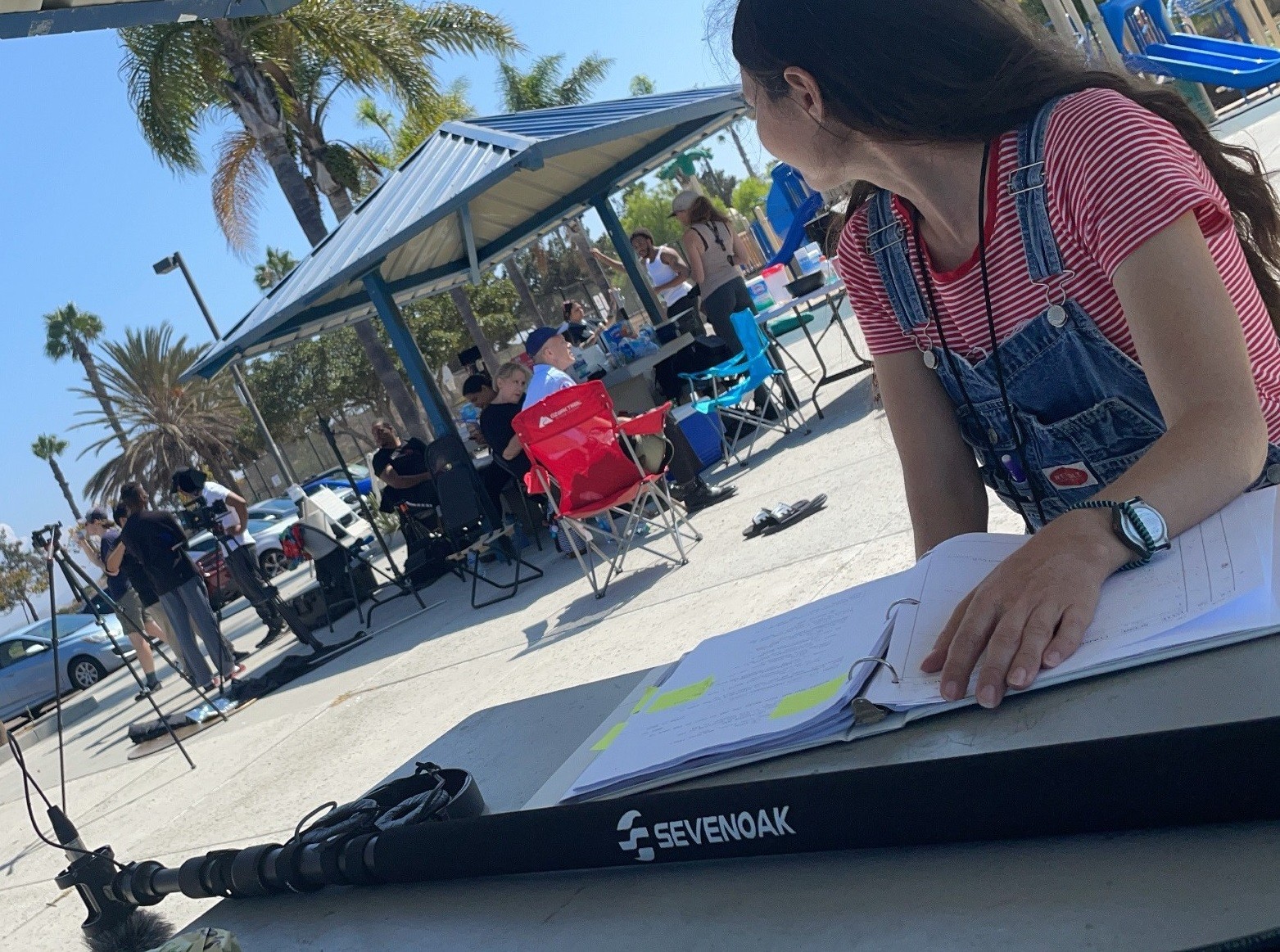We’re excited to introduce you to the always interesting and insightful Kyla Thomas. We hope you’ll enjoy our conversation with Kyla below.
Kyla, thanks for joining us, excited to have you contributing your stories and insights. How did you learn to do what you do? Knowing what you know now, what could you have done to speed up your learning process? What skills do you think were most essential? What obstacles stood in the way of learning more?
I learned how to script supervise by reading Pat Miller’s book Script Supervising and Film Continuity, but I think I could have learned more efficiently if I had also looked for a mentor. Although, the two most essential skills for becoming a script supervisor are easy to learn: attention to detail and good penmanship. Attention to detail is imperative for keeping track of continuity, which is very important since films are shot out of order. For example, a character may be filmed coming out of a house with a purse over her right shoulder. The exterior of the house might not be filmed for another week, but when that shot is filmed, it is the script supervisor’s job to remember which shoulder the purse was on. Good penmanship comes into play when taking notes for the editor.
The main obstacle to my learning more about script supervising was that it wasn’t really taught in the university I attended, and at the time, there was very little about it online.

Great, appreciate you sharing that with us. Before we ask you to share more of your insights, can you take a moment to introduce yourself and how you got to where you are today to our readers.
Yes. Hi, my name is Kyla Thomas. When I was young, I had no idea there was a job like script supervising, but I knew I enjoyed theater and wanted to do something in the film industry. While in college, I interned for a local director, Karl Kozak. He noticed my attention to detail, bought me a book on script supervising, and I worked on his next feature film, which can be viewed here: https://youtu.be/

Any resources you can share with us that might be helpful to other creatives?
Studio Binder has great descriptions of the different film crew positions. There are also Facebook groups for script supervisors where those still learning the craft can ask questions of more experienced script supervisors. Film Local is another great resource, and they also offer virtual workshops.

Have you ever had to pivot?
Yes, I have. One of the career pivots I’ve had to make occurred when I hit a dry spell shortly after script supervising my second feature film. The next feature filmed in San Diego brought their main crew down from L.A., but I was hired to work as a production assistant and was excited to learn that there was a television series planned to be filmed at the studio where we were filming. I looked into getting hired for a crew position for that, but was disappointed that they were only interested in me to work as a background actor, because I looked so young.
I originally declined auditioning, but after not getting any more crew jobs for a while, I came to the realization that I had to do something, so I auditioned and was cast as a high schooler. Although I wasn’t overly excited at the time, I can’t believe now that I almost didn’t do it. It was one of the best three years of my life. I made friends there that I still keep in touch with to this day. Last year, we even had a reunion. The experience taught me to keep my options open and not to take it too lightly when other opportunities arise.

Contact Info:
Image Credits
Rashawn Cherestal Dondi Dahlin DickFisher.net


